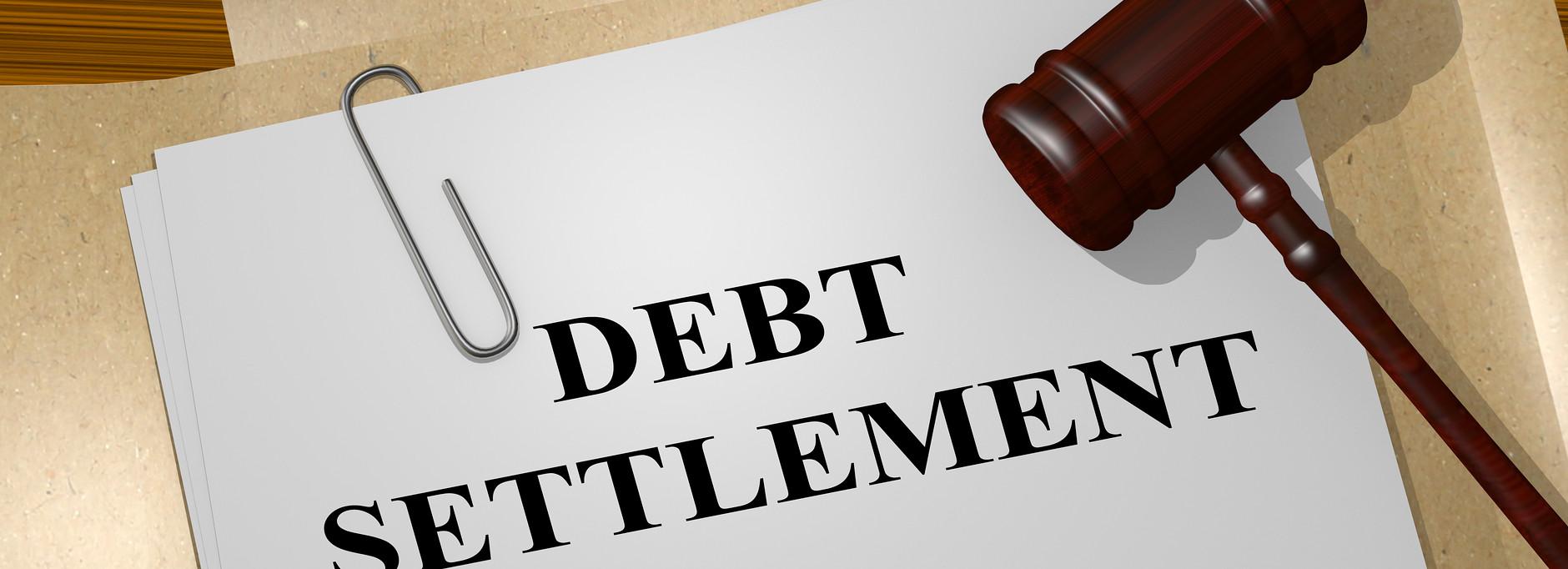Starting a new business is exciting but fraught with challenges. One of the most critical aspects often overlooked is the legal side of things. Enter the startup lawyer. These specialized attorneys can make the difference between a thriving business and a costly legal fiasco. But what exactly does a startup lawyer do, and why is it so important to have one on your team?
What is a Startup Lawyer?
A startup lawyer is a legal professional who specializes in guiding new businesses through their early stages. Think of them as the navigators of the often-turbulent seas of business law. They help entrepreneurs with everything from forming the company to protecting intellectual property and ensuring regulatory compliance. Unlike general business lawyers, startup lawyers are well-versed in the unique challenges that startups face, making them invaluable allies.
Why Your Startup Needs a Lawyer
Starting a business without a lawyer is like going on a road trip without a map. Sure, you might get where you’re going, but you’re more likely to get lost along the way. A startup lawyer can help you:
- Avoid Legal Pitfalls: There are countless legal hurdles that can trip up new businesses. From choosing the right business structure to drafting airtight contracts, a lawyer ensures you don’t miss any crucial steps.
- Save Money in the Long Run: While hiring a lawyer might seem expensive, the cost of legal mistakes can be far higher. Think of it as an investment in your business’s future.
- Focus on Your Business: With legal matters in capable hands, you can focus on what you do best—growing your business.
Finding the Right Startup Lawyer
Finding the right lawyer is like finding the right business partner. You need someone who understands your vision and has the expertise to help you achieve it. Here are some tips:
- Look for Experience: Choose a lawyer who has experience working with startups. They’ll be familiar with the specific challenges you face.
- Check References: Ask other entrepreneurs for recommendations and check online reviews.
- Interview Multiple Lawyers: Don’t settle for the first lawyer you meet. Interview several to find the best fit for your needs.
Key Services Provided by Startup Lawyers
A startup lawyer wears many hats. Here are some of the key services they provide:
Business Formation
Choosing the right business structure (LLC, corporation, partnership, etc.) is crucial. A startup lawyer can explain the pros and cons of each and help you decide which is best for your situation.
Intellectual Property Protection
Your ideas are your most valuable assets. A startup lawyer can help you patent your inventions, trademark your brand, and protect your trade secrets.
Contract Drafting and Review
Contracts are the backbone of any business relationship. Whether it’s with employees, suppliers, or customers, a startup lawyer ensures your contracts are clear, enforceable, and protect your interests.
Regulatory Compliance
Navigating the maze of regulations can be daunting. A startup lawyer helps you understand and comply with local, state, and federal laws, avoiding costly fines and penalties.
Fundraising and Financing
From seed funding to Series A, B, and beyond, a startup lawyer can assist with drafting investment agreements, negotiating terms, and ensuring compliance with securities laws.
How Much Does a Startup Lawyer Cost?
The cost of hiring a startup lawyer can vary widely based on factors like location, experience, and the complexity of your needs. Here’s a general idea:
- Hourly Rates: Many lawyers charge by the hour, with rates ranging from $150 to $500 per hour.
- Flat Fees: For certain services, such as forming a business or drafting a basic contract, some lawyers may offer a flat fee.
- Retainers: Some lawyers work on a retainer basis, where you pay an upfront fee for a specified amount of work.
Remember, the cheapest option isn’t always the best. Investing in a good lawyer can save you money in the long run.
Common Legal Issues Faced by Startups
Startups face a unique set of legal challenges. Here are some common issues:
Formation and Structure
Choosing the wrong business structure can lead to legal and tax complications. A startup lawyer helps you choose wisely and handles the paperwork.
Intellectual Property Disputes
Without proper protection, your intellectual property can be at risk. A lawyer can help you avoid disputes and defend your rights if necessary.
Employment Law
Hiring your first employees is exciting but fraught with legalities. From drafting employment contracts to understanding labor laws, a startup lawyer ensures you’re compliant.
Contract Disputes
Disagreements over contracts can lead to costly litigation. A lawyer helps you draft clear agreements and resolves disputes before they escalate.
The Role of a Startup Lawyer in Fundraising
Raising capital is a critical phase for any startup. A startup lawyer plays a pivotal role in this process by:
- Drafting Investment Agreements: Ensuring terms are clear and favorable.
- Negotiating Terms: Helping you get the best deal possible.
- Ensuring Compliance: Making sure you follow securities laws and regulations.
Think of your lawyer as your co-pilot during fundraising. They help you navigate complex legal terrain, allowing you to focus on pitching your business to investors.
Protecting Intellectual Property
Your ideas, inventions, and brand are your most valuable assets. Protecting them should be a top priority. Here’s how a startup lawyer can help:
Patents
If you’ve invented something unique, a patent can protect it from being copied. A startup lawyer helps you file for patents and defends your rights if they’re infringed.
Trademarks
Your brand is your identity. A lawyer helps you trademark your name, logo, and slogans, preventing others from using them without permission.
Copyrights
For original works of authorship like software, books, and music, a copyright protects your creative expression. A lawyer can help you secure and enforce your copyrights.
Drafting Contracts and Agreements
Contracts are essential to running a business. Here’s why having a lawyer draft and review them is crucial:
- Clarity: Ensuring terms are clear and unambiguous.
- Protection: Safeguarding your interests and minimizing risk.
- Enforceability: Making sure contracts are legally binding and enforceable.
A startup lawyer can draft a variety of contracts, including employment agreements, supplier contracts, and customer agreements.
Compliance and Regulatory Matters
Compliance is a major concern for any business. Whether it’s local zoning laws, state licensing requirements, or federal regulations, a startup lawyer ensures you’re on the right side of the law. This not only prevents fines and penalties but also builds trust with customers and investors.
Building a Long-term Relationship with Your Lawyer
Your relationship with your lawyer should be seen as a long-term partnership. Here’s why:
- Consistent Support: Having someone who understands your business inside and out is invaluable.
- Proactive Advice: A long-term lawyer can provide ongoing advice, helping you avoid issues before they arise.
- Trust and Rapport: Building a relationship over time leads to better communication and trust.
Think of your startup lawyer as a key member of your team, not just a service provider.
Case Studies: Startups Saved by Their Lawyers
Sometimes, the best way to understand the value of a startup lawyer is through real-life examples. Here are a few case studies:
Case Study 1: Protecting a Tech Startup’s IP
A tech startup developed a groundbreaking software application but was unaware of the need for a robust intellectual property strategy. Their lawyer helped them secure patents and trademarks, which later prevented a larger competitor from copying their technology and brand.
Case Study 2: Navigating a Funding Crisis
A startup faced a funding crisis when an investor pulled out at the last minute. Their lawyer quickly negotiated terms with a new investor and drafted the necessary agreements, saving the startup from bankruptcy.
Case Study 3: Avoiding a Major Lawsuit
An early-stage company was threatened with a lawsuit over a contract dispute. Their lawyer mediated the situation and negotiated a settlement, avoiding costly litigation and preserving the startup’s reputation.
Conclusion: The Value of Legal Counsel
Having a startup lawyer isn’t just about avoiding legal pitfalls—it’s about setting your business up for long-term success. From protecting your intellectual property to ensuring regulatory compliance, a startup lawyer is an indispensable part of your team. Invest in legal counsel early, and you’ll navigate the complexities of the business world with confidence.
FAQs About Startup Lawyers
1. When should I hire a startup lawyer?
It’s best to hire a startup lawyer as early as possible, ideally during the formation of your business. Early legal advice can prevent costly mistakes and set a strong foundation.
2. How do I choose the right startup lawyer?
Look for experience, check references, and interview multiple lawyers to find one who understands your business and fits your budget.
3. What are the most common legal issues faced by startups?
Common issues include choosing the right business structure, protecting intellectual property, drafting contracts, and ensuring regulatory compliance.
4. How much should I expect to pay for a startup lawyer?
Costs vary, but expect to pay between $150 to $500 per hour. Some lawyers offer flat fees or work on a retainer basis.
5. Can a startup lawyer help with fundraising?
Yes, a startup lawyer can draft investment agreements, negotiate terms, and ensure compliance with securities laws, making the fundraising process smoother and more secure.
By understanding the role and value of a startup lawyer, you can better prepare your business for success, ensuring that legal issues don’t stand in the way of your entrepreneurial dreams.






